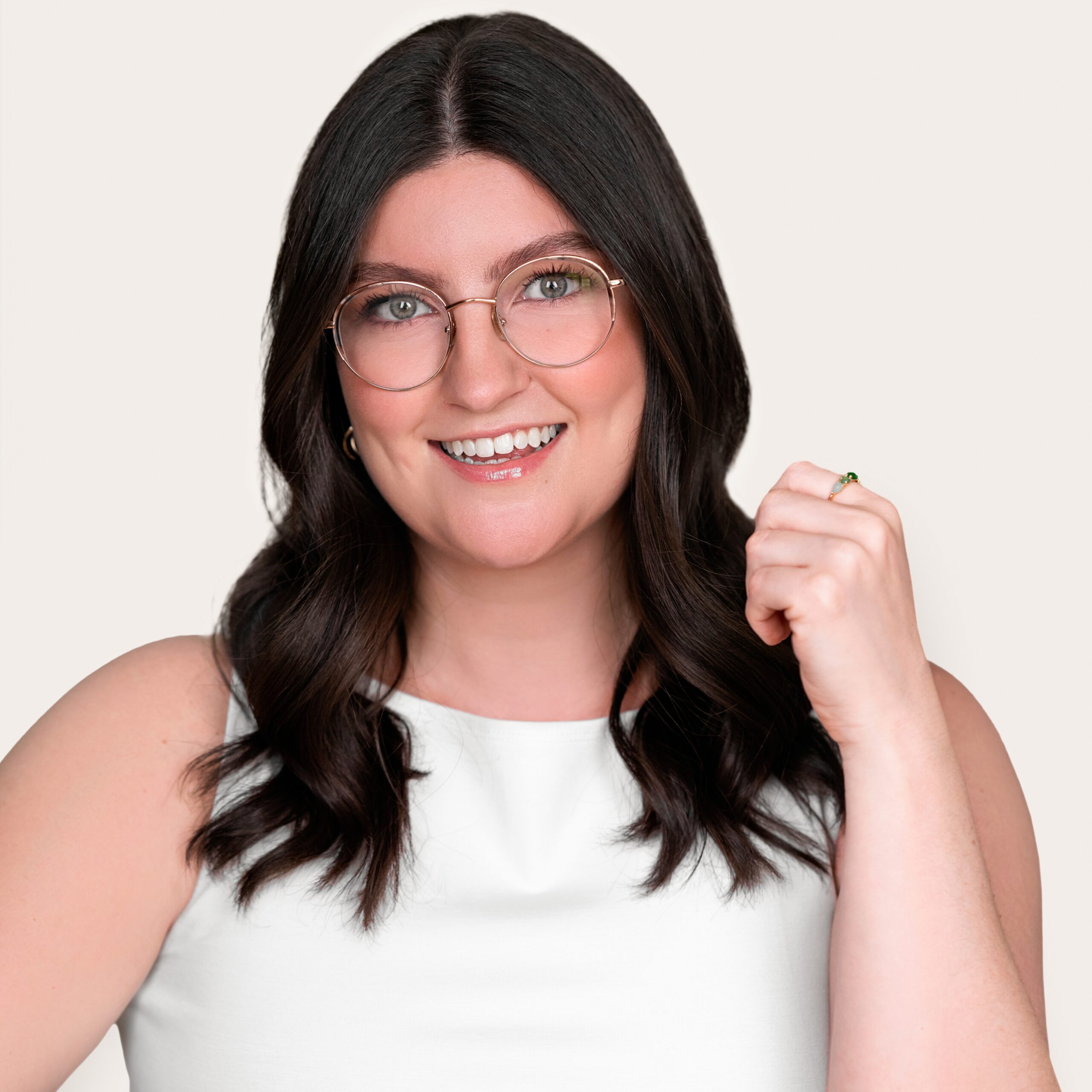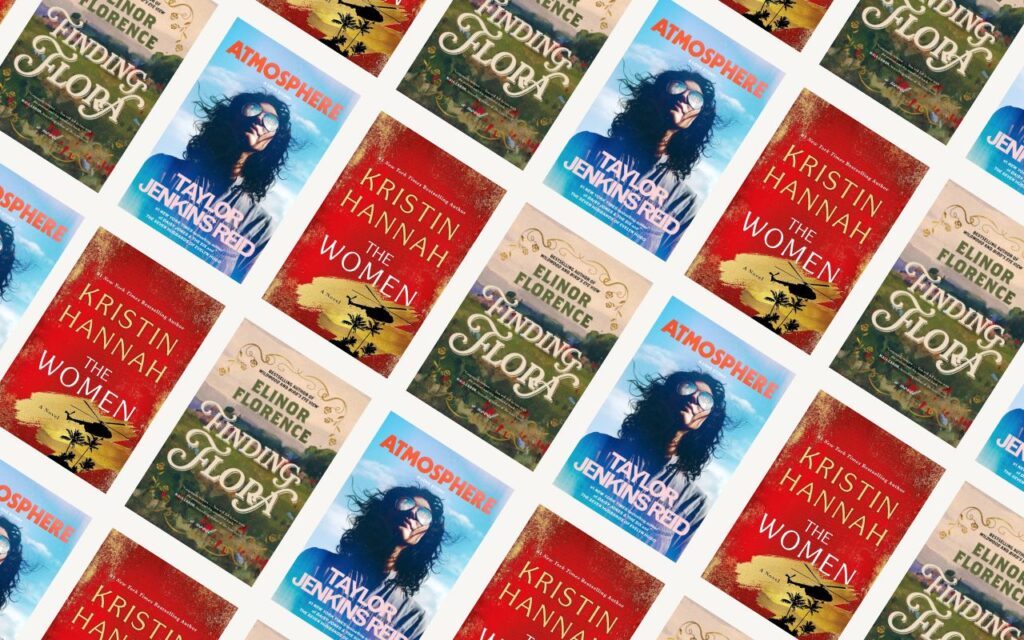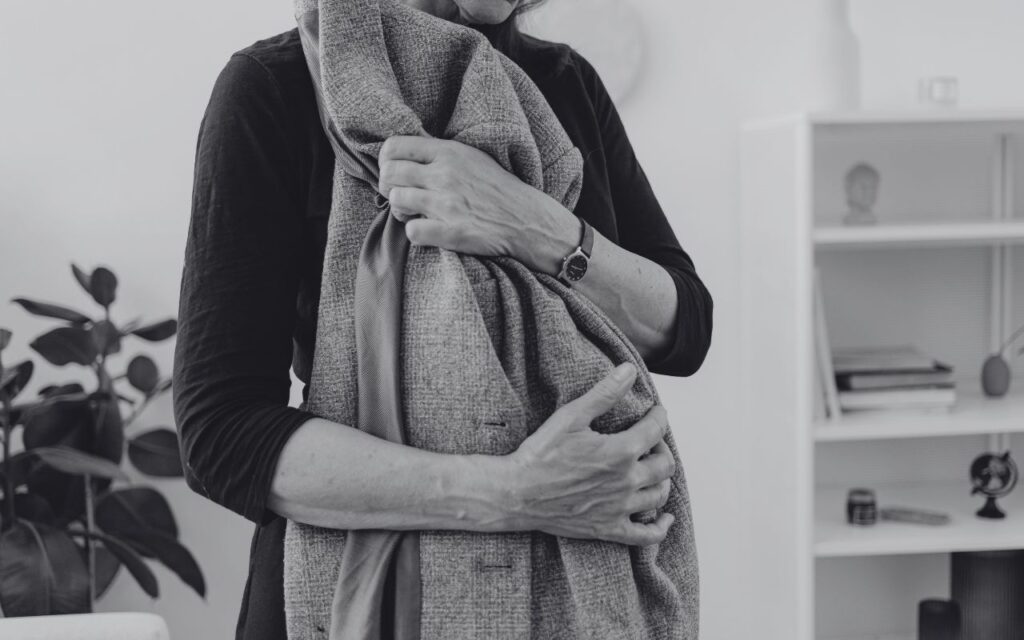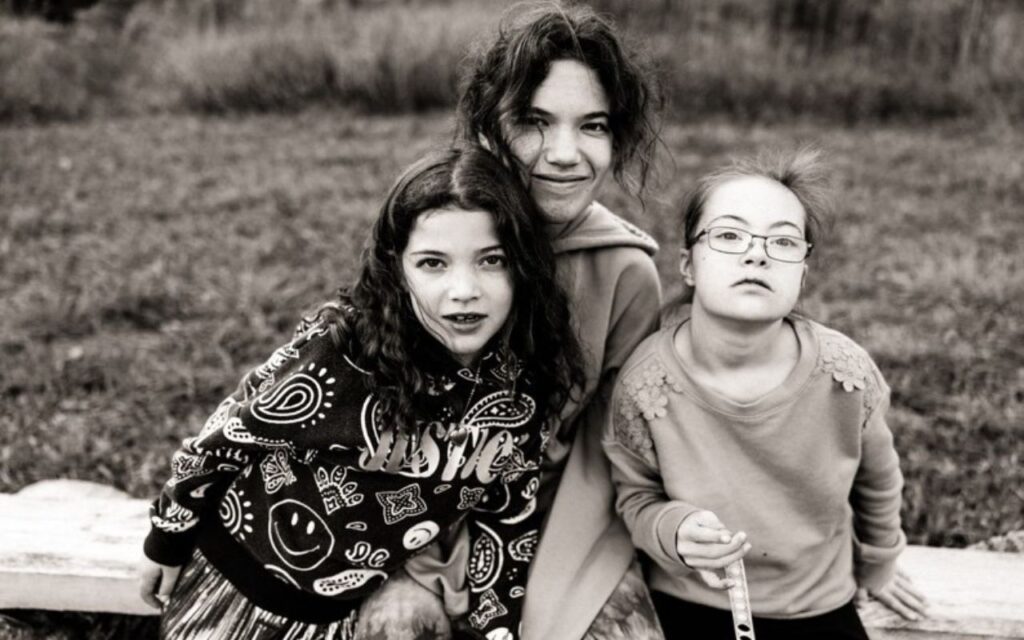
If you’ve followed The Honest Talk for some time, you know that we don’t sugarcoat — we will always tell you the story how it is.
Adelle Purdham does the same.
In her new book, I Don’t Do Disability and Other Lies I’ve Told Myself, Purdham opens up about the highs, lows, and hard truths of parenting a child with Down syndrome. From her evolving understanding of ableism to unpacking the stereotypes of being a “special needs mom,” her story is raw, honest, and unapologetically real.
We sat down with Adelle to learn more about the inspiration for her book and how it’s meant to do more than share her truth.
THT: Can you give us a brief elevator pitch for your new book?
Purdham: The heart of the book is that a mother to a child with Down syndrome confronts her own ableism, which, in my view, is this belief that an able body is better.
THT: What inspired you to dive into the topic of ableism for this book?
Purdham: It really began when my daughter, Elise, was born 12 years ago. There was a moment when I went into our local bookstore looking for a book written by a young mother with a child with Down syndrome. Not only did I not find anything, but there was nothing even online at the time. That absence spoke to how we treat people with disabilities in society as invisible. It was a feeling of “nobody cares,” and I didn’t want any other parent to feel that way. That’s when I started my advocacy work through writing, which later led to the book.
Also, when Elise was born, I felt this overwhelming unconditional love for her. Still, when I was asked to check the “disabled” box on a form at the hospital, I had a lot of discomfort. And there’s a lot to unpack there. I guess if I could go back to that moment now, I understand that the word disability has come to have such negative connotations and that I held those negative connotations inside me. I was confronted with my own internalized ableism, and it’s been a journey of reconciling those feelings ever since.
THT: The book is a collection of personal essays. What made you tell your story this way instead of through a narrative or fiction?
Purdham: This is very much my story as a mother to a child with Down syndrome. It’s not my daughter’s story — though I hope she’ll tell her own one day. I wanted to represent people with Down syndrome accurately and in a way that reflects lived experiences. I felt using memoirs would make the ideas I’m exploring resonate more deeply. It’s one thing to say, ‘That’s ableist,’ but it’s another to invite someone to walk alongside me and experience what a day with my daughter looks like — the challenges, the moments of judgment I’ve faced as a mother, and the love that fills our lives. My goal was to show the reality — the good and the difficult — without reducing it to a simple good/bad dichotomy.
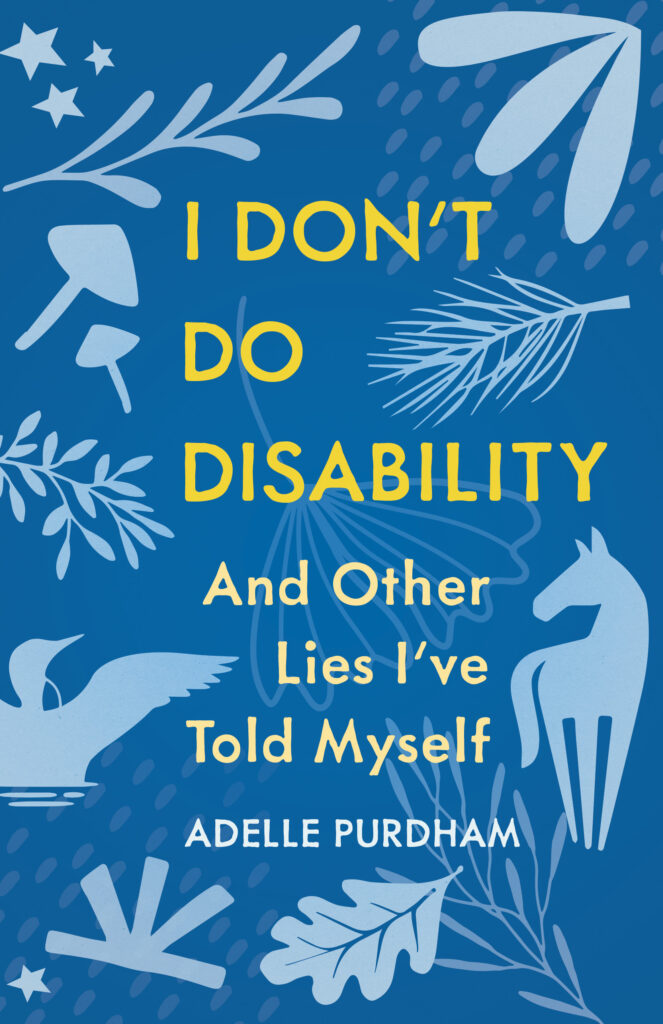
THT: Your book challenges societal stereotypes and explores many aspects of identity and womanhood beyond being a mother. Why was it important for you to embrace your whole identity in this book?
Purdham: I didn’t want to be reduced to just the “special needs mom” label. While I’m proud to be Elise’s mother, I also want to be seen for who I am in totality. I’m a wife, I write about sex, and I experience grief and joy like anyone else. I wanted to offer a counter-cultural perspective of what it means to parent a child with a disability and push back against stereotypes.
One of the biggest stereotypes is that being a mother to a child with Down syndrome defines you entirely. But we are multifaceted. I want to push back against taboos and against these notions that dehumanize people.
THT: On a personal level, what was it like to explore these themes — ableism, privilege, rage, and grief — while writing?
Purdham: It can be heart-wrenching. Writing about it means re-experiencing it, but capturing how something felt in writing can feel so good. The hardest parts — like any negative feelings I had toward my own child — took years to process before I felt comfortable sharing. But those stories felt essential to include.
The best part about being a writer is that you get to write the first draft just for yourself. Then, as the work evolves, I share it with trusted readers — like my husband, who’s often my first reader, especially when writing about our family. Knowing that the work resonated with others gave me confidence.
THT: And what do you hope readers take away from your book?
Purdham: I hope they see my unconditional love for my daughter. I hope they gain some insight into the disability parenting experience and that it contributes to building empathy and connection. I hope there will be this sense of interconnection, not just to each other, but also to the natural world, which I write about.
Above all, I wanted the book to be an emotional experience that gets readers reflecting on their own perspectives and serves as a jumping-off point for many people to self-explore.


